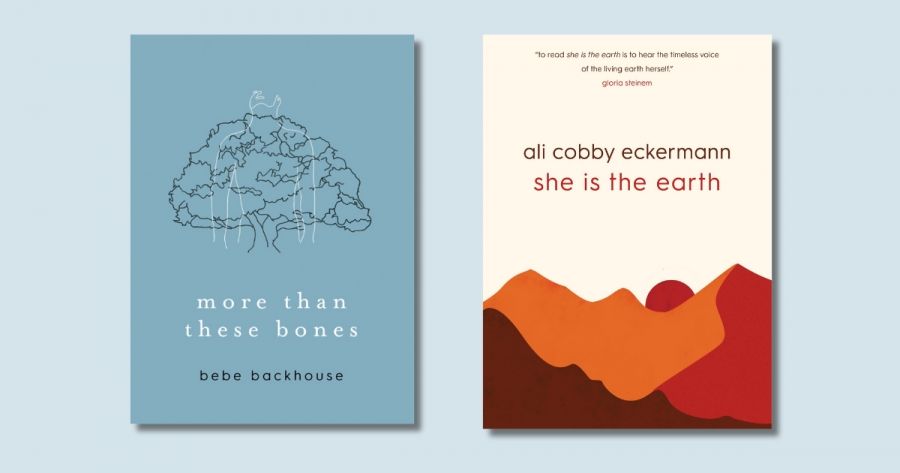
- Free Article: No
- Contents Category: Poetry
- Custom Article Title: Two new Indigenous poetry collections
- Review Article: Yes
- Article Title: Siren song
- Article Subtitle: Two new Indigenous poetry collections
- Online Only: No
- Custom Highlight Text:
Ali Cobby Eckermann is an award-winning Yankunytjatjara/Kokatha poet and artist. In the words of Yugambeh writer Arlie Alizzi: ‘She Is the Earth is hypnotic, healing and transcendental.’
- Featured Image (400px * 250px):
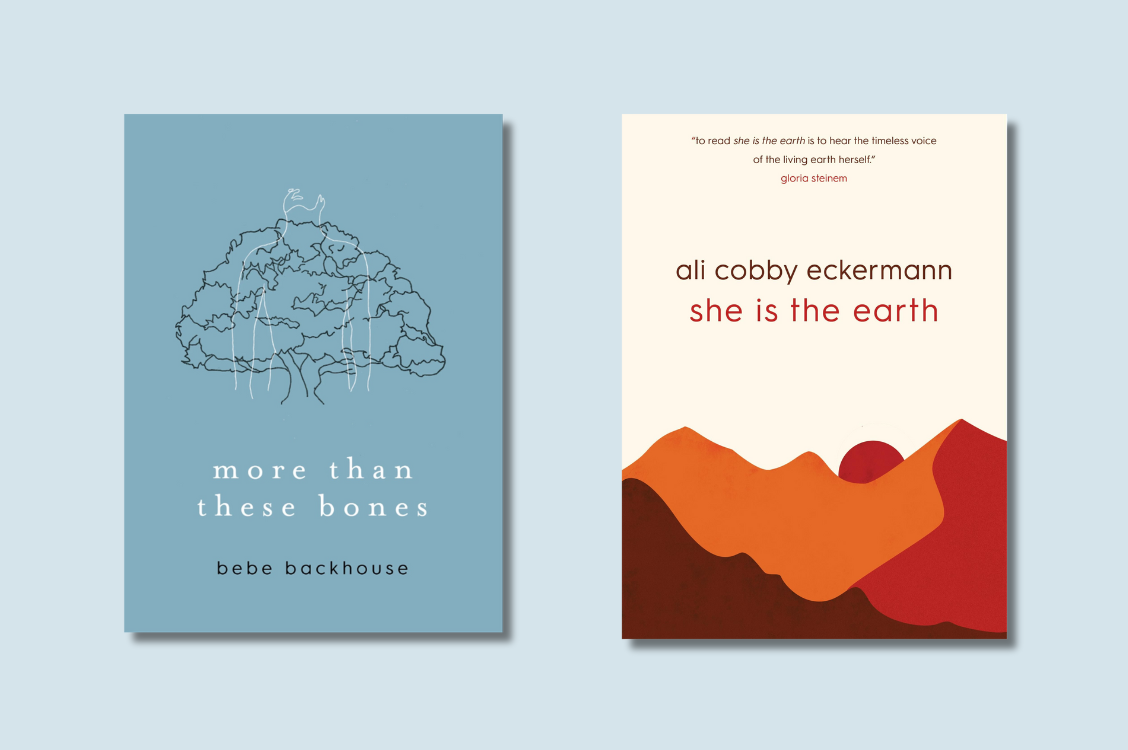
- Alt Tag (Featured Image): Julie Janson reviews two new Indigenous poetry collections
- Book 1 Title: She Is The Earth
- Book 1 Biblio: Magabala Books, $27.99 pb, 91 pp
- Book 1 Cover Small (400 x 600):

- Book 1 Cover (800 x 1200):

- Book 2 Title: More Than These Bones
- Book 2 Biblio: Magabala Books, $27.99 pb, 235 pp
- Book 2 Cover Small (400 x 600):
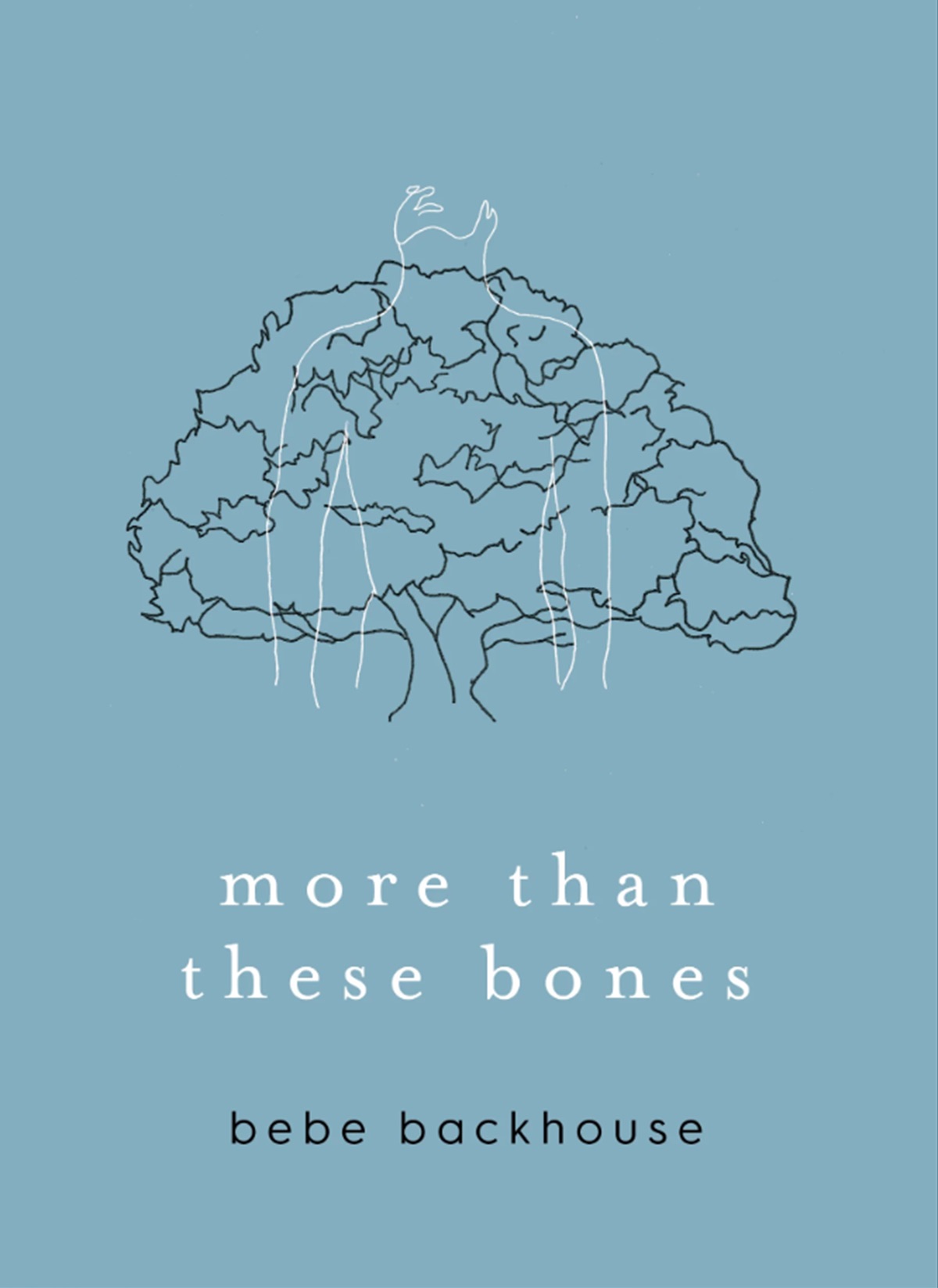
- Book 2 Cover (800 x 1200):

The dreamlike quality of her verse novel resonates in a musical cadence. We can imagine the poet swaying in a ceremonial dance and her hips rocking in time with other Aboriginal women, swept together in a timeless performance – body to body, breasts alongside painted breasts. She stands with the traditional song makers.
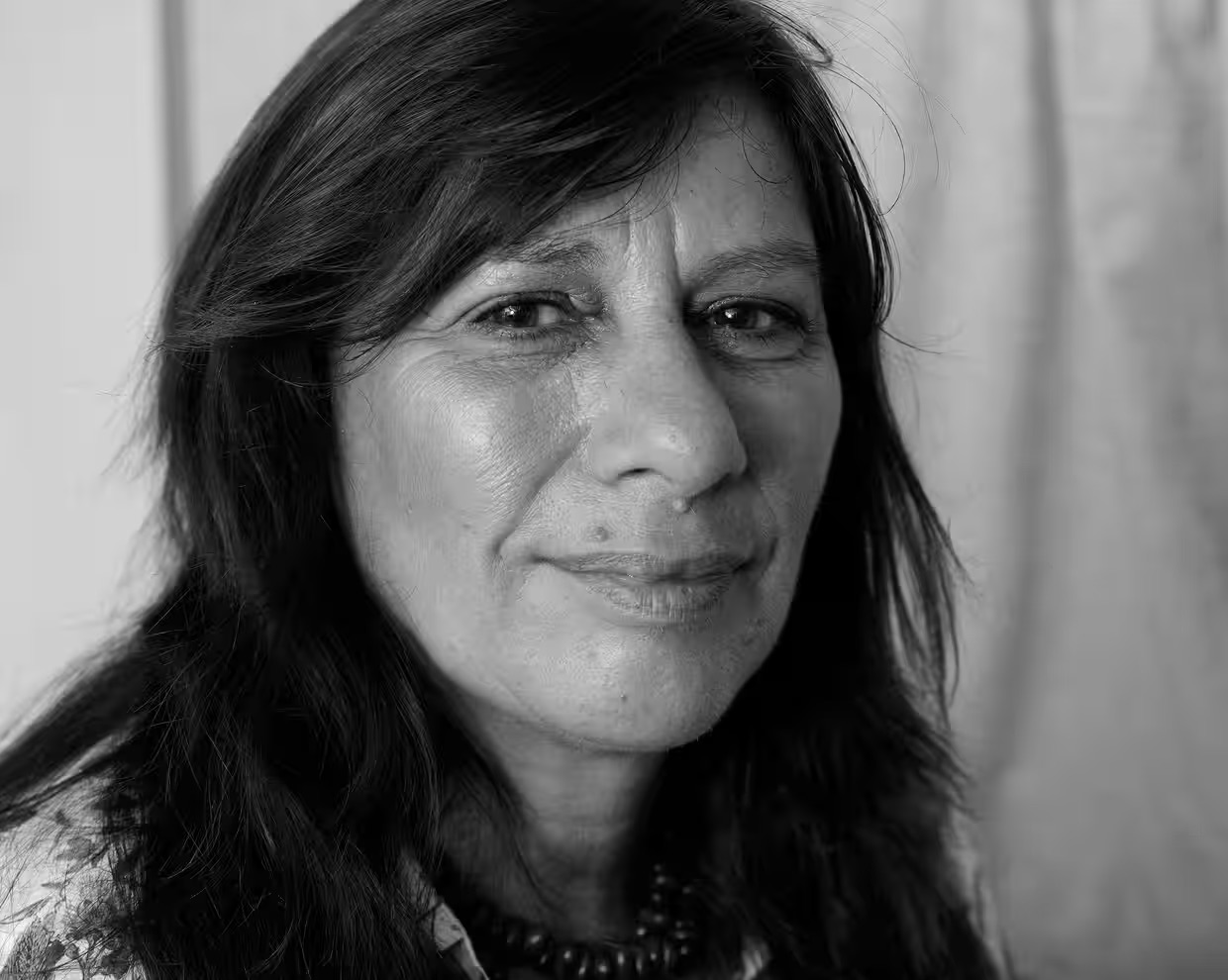 Ali Cobby Eckermann (Annette Willis)
Ali Cobby Eckermann (Annette Willis)
Many First Nations poets shoot flames of rage and indignation, for good reason: the indignity of racism and colonisation. Eckermann sings in a serene, dreamlike way of her Country and of her connection to a meditation on her own modernity. She sings out to all readers of her connection to the Aboriginal bough shade and windswept land of her birth, places of intense longing and memory and of her tribal affiliation. She sits like a bird and uses antithesis (‘between soil and sky’) and humour (‘sometimes we sit / often it is just me’).
The frequent use of words from Latinate vocabularies leaves the reader perplexed as to why there is little exploration of Aboriginal words. Readers sometimes long to hear those languages; the attempt by colonial invasion to erase whole languages is painful and a constant reality. Language and song can ‘wake up the country’.
The poetic journey of the verse novel is built on the rhythm of clap sticks or the thump of women’s thighs by hands in ceremony. The repetition of blood imagery jolts our sensibilities: ‘I remove my tongue / plant it in the ground / savour the blood.’ As a result of the action, the poet becomes mute. She tells us of the wisdom of not speaking (‘it is wise to wait’), the idea that sitting and listening to the wind, water, birds, or sky can be a useful thing. I had a realisation that this is the way we read Country. It is born in us as Indigenous people, this listening to birds, the observance of rock scratching, the drinking of Australian bush nectar, or watching native bees. We are on guard, attuned to the bush; it is in our inherited genes. We see the centrality of fire to human existence, fire that makes a home, a place to warm a baby: ‘fire is medicine / it is my homeland / my house a bough shelter / built from ancient trees’.
Eckermann celebrates the connection with birds as spirit guides ‘when the owl dies / I gather it to me / brush dirt from its beak / wash its face and feathers’. There is tenderness here, a connection with a bird renowned by First Nations people, a bird of warning, a bird of great consequence, often portending death. The gentle reverence for the owl becomes anthropomorphism; she attributes a mourning ritual given to human beings. The presence of ‘an old woman’ who sings is a recurring motif, a wise magic woman, a Clever woman who can see into the truth seeker: ‘she sings to birds / she sings to me’.
The novel alludes to a Christian baptism: ‘I feel water flowing / from my head’ juxtaposed with the presence of a dingo. The poet is frightened, curling into her mind. The animal is part bird, with ‘eyes are wrens / red backed and fairy’. Then a stone, ancient, prehistoric, asking: ‘who was here / how long ago?’ The novel offers a constant reawakening of the spirit in the natural world, ‘on country’ in the geographical and spiritual homeland, a sense of ancient connection, timeless and past and present and ongoing. Eckermann sings of the body disappearing in a cosmological universe, of ancient 70,000 years old ancestors.
The brevity and ellipsis, the minimal style of her poetry, is a search for interiority. Female readers are under her skin and in her heart, and we recognise that whispering. The novel ends with a ‘soft breeze / understanding’ and a summons of the biblical ‘a sanctified story / not quite genesis’. Her poetry is deeply feminine, sisterly in tranquil celebration of her body and heart. The political underbelly is apparent: ‘Ahead my future / fills with colour / my referendum’ and the wish to honour the Uluru Statement of the Heart.
Bebe Backhouse is a descendant of the Bardi Jawa people but lives in Narm Melbourne. He is a classical pianist, composer, and poet. He has excelled in producing and directing youth theatre across Australia. His début publication of poetry, ‘more than these bones’, is a stellar introduction to a very talented poet. In these interrelated poems – set in a bar, beach, shore, bush, and, occasionally, the bedroom – we hear a polyphonic voice from a young Indigenous man who embraces his sexuality and sensuality and blak queer identity.
The photographs and drawings enhance and illustrate the text, adding layers of depth of feeling. This memoir in verse is naked and aching in its sense of loss and romance.
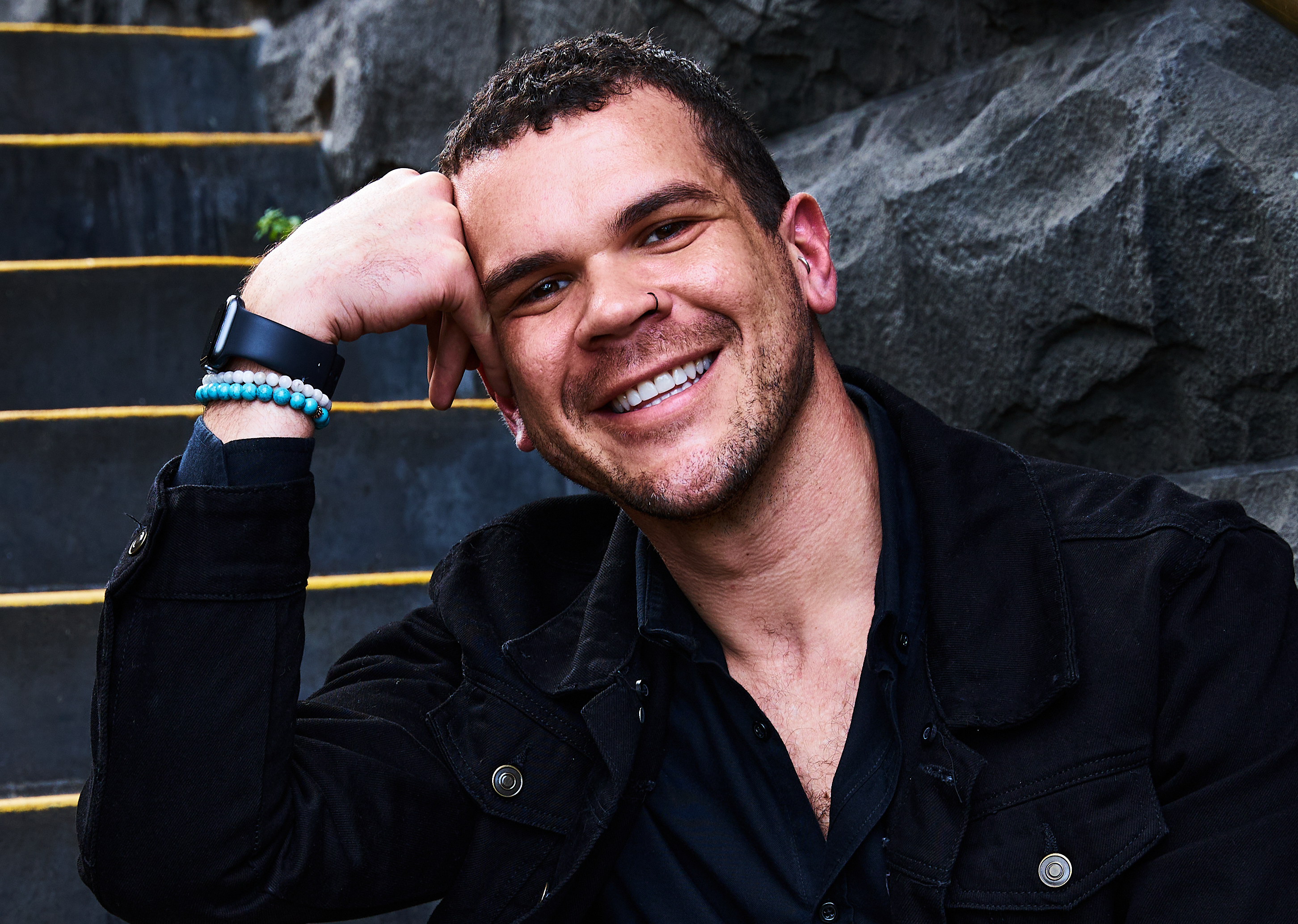 Bebe Backhouse (Magabala Books)
Bebe Backhouse (Magabala Books)
Young love and breaking up is always a difficult journey. Bebe takes us through the gradual breakdown: ‘I held my breath / as you placed your hand on my shoulder / as you pulled me into your chest.’ The emotions are raw and full of simile and imagery that move us to feel his pain. ‘I could tell you / I won’t hurt you again / but it’s safer / for me to let you go.’
The echoes of a strength of loving pour from the verse ‘shielded in leather / I beg for your fingers around my neck / your fire blazes down my neck’. The subtext of secrets run through some of the imagery: ‘but only meet me when the suburbs are quiet / and the sky is dark / close to midnight / when she’s asleep.’
The pain of watching a woman die beside him is poignant and bursting with compassion: ‘she’d fight / with every ounce of strength / in her saltwater blood.’ The power of grief pours from the verse and the poet leads us through the long process of holding onto memory: ‘I’ll never forget the lifetime of stories / passing between your shoulder and my head.’ The inclusion of Aboriginal language in flashes reminds us of his lineage. ‘I know your heart will beat better / your mind will feel right / your liyarn will reconnect.’
This is a sublime work from a poet with a fresh, confronting voice.


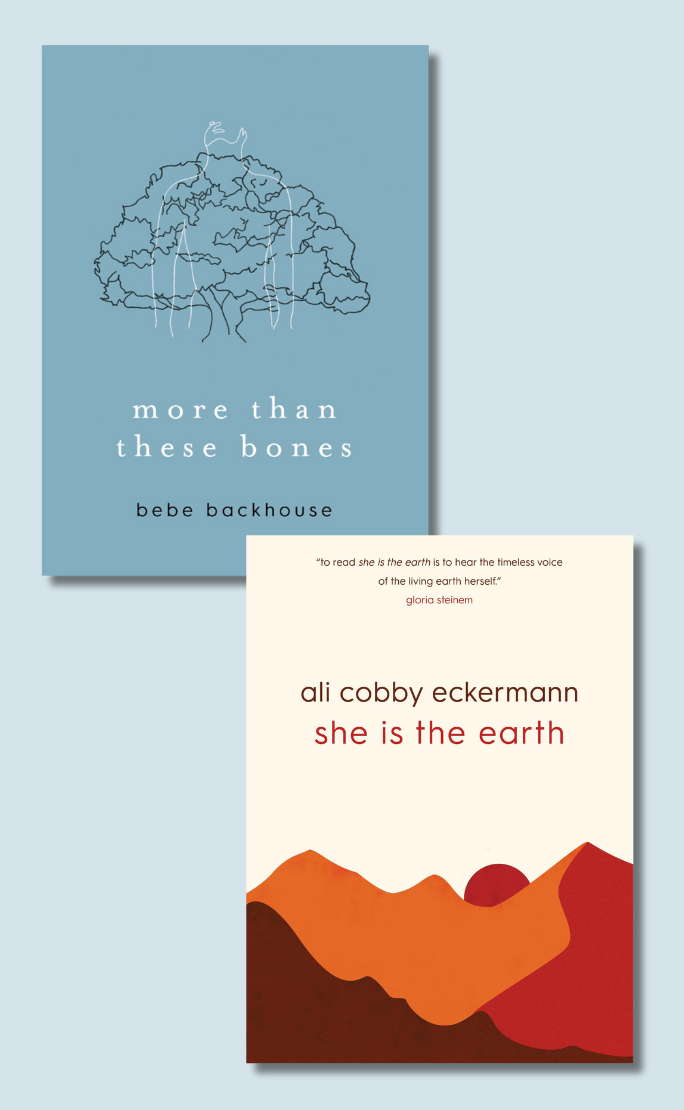
Comments powered by CComment